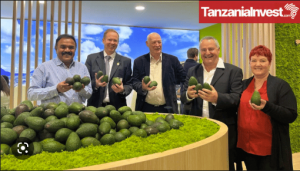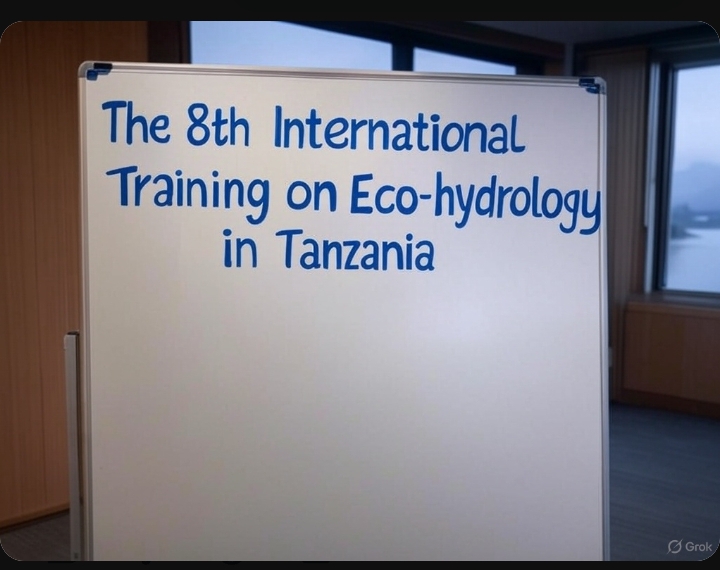
In recent years, there has been a notable shift from timber plantation to avocado farming in the Rungwe and Njombe regions of Tanzania. This transition is driven by several factors, including the desire to alleviate poverty and conserve the environment.
One of the main drivers of the shift from timber to avocado farming is poverty alleviation. In many rural areas of Tanzania, people rely on natural resources such as forests for their livelihoods. However, deforestation has led to soil erosion and other environmental problems, making it difficult for people to sustain their livelihoods. Avocado farming provides an alternative source of income that does not rely on the exploitation of natural resources.
In addition to poverty alleviation, avocado farming is also seen as a more environmentally sustainable option than timber harvesting. Avocado trees require less water than other crops and can help prevent soil erosion. Furthermore, the trees can provide shade and habitat for wildlife, which can help to conserve biodiversity.
However, the market for avocados is highly volatile and subject to fluctuations. In recent years, the demand for avocados has increased, leading to a rise in prices. While this has been beneficial for farmers, there are concerns that this trend may not continue. If demand falls or if new competitors enter the market, prices could drop, leaving farmers with lower incomes.
Looking to the future, it is important for farmers in the Rungwe and Njombe regions to diversify their crops and markets to reduce their reliance on avocado farming. This will help to mitigate the risks associated with market fluctuations and ensure the long-term sustainability of their livelihoods.



